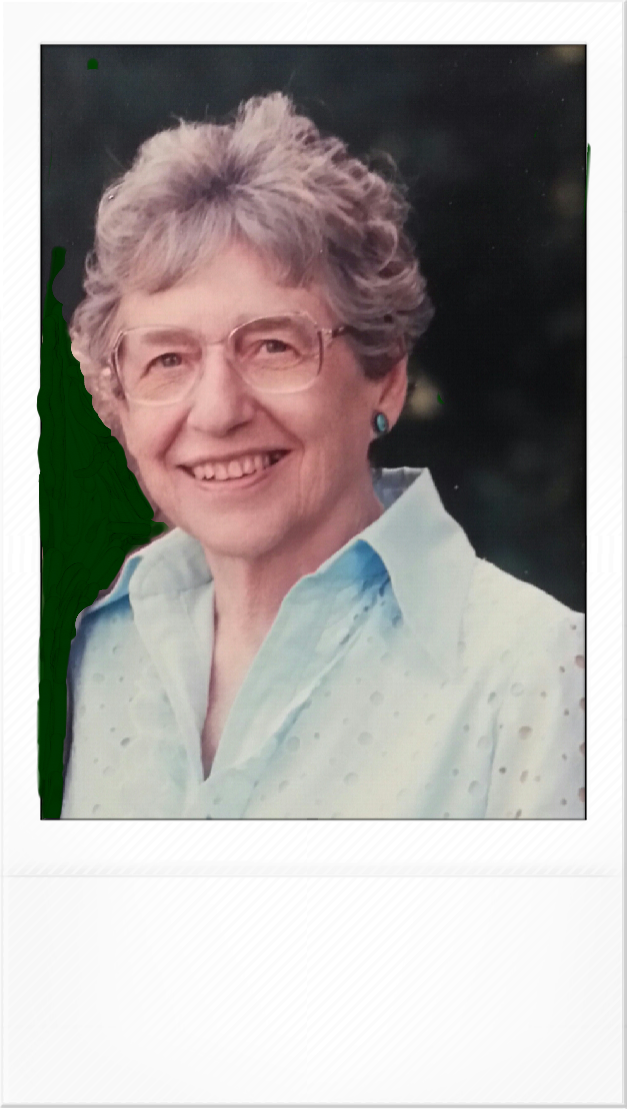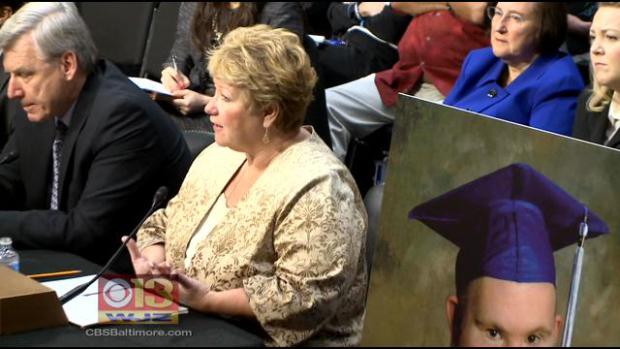Happy Mother’s Day. For the first time in my life, I was not able to celebrate Mother’s Day this year with my mom. She died December 19th, 2013. This is the eulogy that I spoke at her funeral.
There are four things that you need to know if you want to know about my mother, Jean Earley. She loved her God, she loved her husband, she loved her children — and she ate burnt toast.

Let’s start with God.
My father didn’t start his career as a preacher. He owned a mom and pop grocery store in Douglas, Arizona, but he felt unfulfilled. He believed that God was calling him so he sold the store and studied to become a minister. His first church was in Buffalo, a town in the Oklahoma panhandle. My father soon fell into a pattern. He would move to a small Disciples of Christ church that was struggling to attract members and build up that congregation through his preaching and his financial expertise until it was on firm footing and thriving. And then he would feel compelled to find yet another troubled church to rescue.
My mother was his defacto co-minister. She used her artistic skills to do chalk drawings during his sermons on Sunday nights to illustrate his lectures. She taught Sunday school, sang in church choirs, organized ladies groups, helped at church dinners and truly lived her beliefs.






